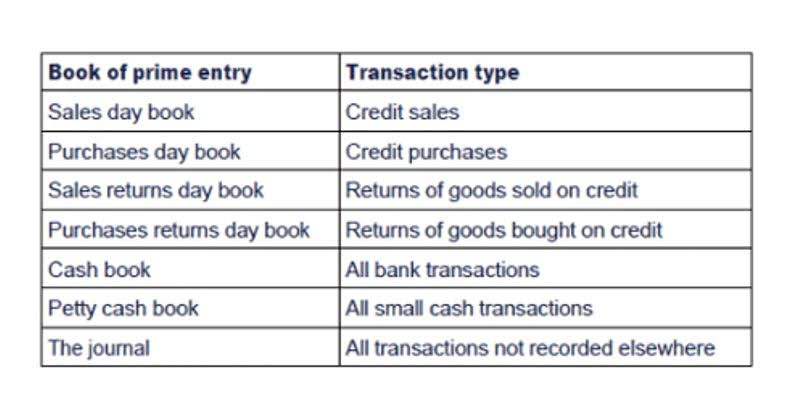
So each transaction should be verifiable by supporting documents like vouchers, bills, letters, challans, certificates, invoices etc. Consistency is a straightforward principle and is intended to enhance financial reporting by making it easier for users to make comparisons. In that sense it contributes to the achievement of comparability which is one of the qualitative characteristics of useful financial information (see the related article ‘Qualitative accounting characteristics’).
IFRS is a standards-based approach that is used internationally, while GAAP is a rules-based system used primarily in the U.S. IFRS is seen as a more dynamic platform that is regularly being revised in response to an ever-changing financial environment, while GAAP is more static. All of this can be explained by considering the transaction that was included in the discussion on accruals. This was that Andrea agrees to buy goods from Brian on 25 January and Brian agrees that Andrea can wait until 25 March to pay for the goods. In practical terms, this means that consistency helps to achieve comparability. For instance, it should be possible for users to understand how a business has performed in the year by comparing it to the results of the previous year.
Equity
So, to achieve that purpose, standards were invented that were uniform, scientific, and easily adaptable for all. The time period assumption states that a company can present useful information in shorter time periods, such as years, quarters, or months. The information is broken into time frames to make comparisons and evaluations easier. The information will be timely and current and will give a meaningful picture of how the company is operating. Certified public accountants and management accountants are two of the profession’s most common specializations. Auditors and forensic accountants are another important branch of the field.

But it will not be updated to reflect the current value of a similar asset or liability which might be acquired or taken on. In transactions between businesses, it is common for payment not to be made on the same date that an order is made or that goods are transferred. For more than six decades, Fundamental Accounting Principles has helped introductory accounting students succeed.
Basic Accounting Concepts
For example, Lynn Sanders purchases two cars; one is used for personal use only, and the other is used for business use only. According to the separate entity concept, Lynn may record the purchase of the car used by the company in the company’s accounting records, but not the car for personal use. Income statements are one of three standard financial statements issued by businesses. Accounts receivable are sometimes called “trade receivables.” In most cases, accounts receivable derive from products or services supplied on credit or without an upfront payment.
- The going concern concept assumes that the business will continue to operate indefinitely, without an owner or with a new one.
- In preparing general-purpose financial statements, there are guidelines and principles that are understood by both the accountants who prepare them and the users of such reports are followed.
- Let’s say there were a credit of $4,000 and a debit of $6,000 in the Accounts Payable account.
- At the conclusion of his professional service, he obtained his PhD from Southern Illinois University Carbondale.
Introduction to accounting frequently identifies assets, liabilities, and capital as the field’s three fundamental concepts. Assets describe an individual or company’s holdings fundamental accounting concepts of financial value. GAAP is a collection of accounting principles and standards that public companies must follow to make sure their financial reporting is consistent.
Accounting Basics for Business Owners
Once a good understanding has been developed at an individual level, it will be easier to make the links between the various principles and concepts. A financial professional will offer guidance based on the information provided and offer a no-obligation call to better understand your situation. Our writing and editorial staff are a team of experts holding advanced financial designations and have written for most major financial media publications. Our work has been directly cited by organizations including Entrepreneur, Business Insider, Investopedia, Forbes, CNBC, and many others.

This guide is an easy-to-use resource for developing the vocabulary accounting professionals use. To understand the fundamentals of accounting, you must comprehend the definition of accounting. The Securities and Exchange Commission (SEC), the U.S. government agency responsible for protecting investors and maintaining order in the securities markets, has expressed interest in transitioning to IFRS. However, because of the differences between the two standards, the U.S. is unlikely to switch in the foreseeable future. This does not mean that everything in the accounts needs to be treated the same by every entity.
